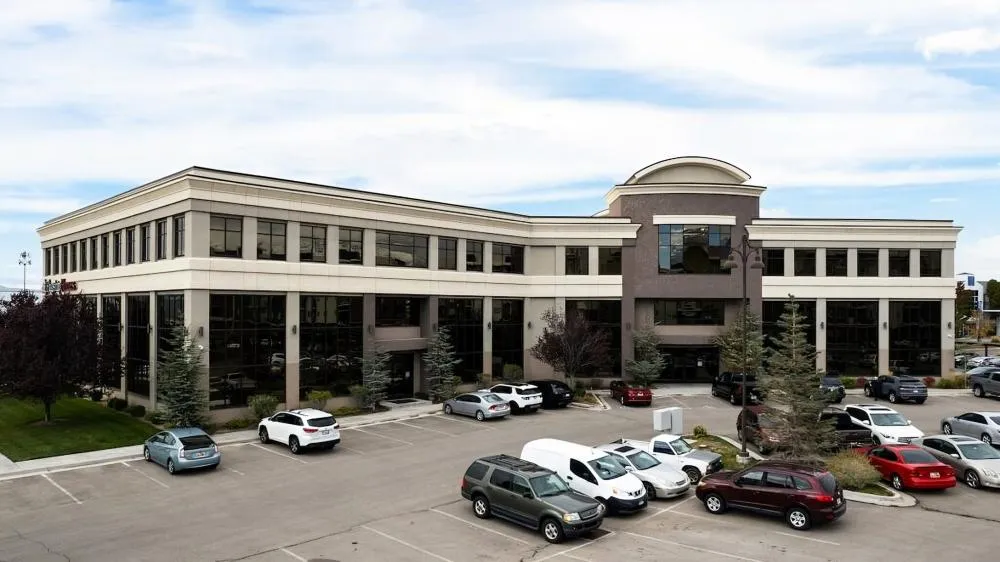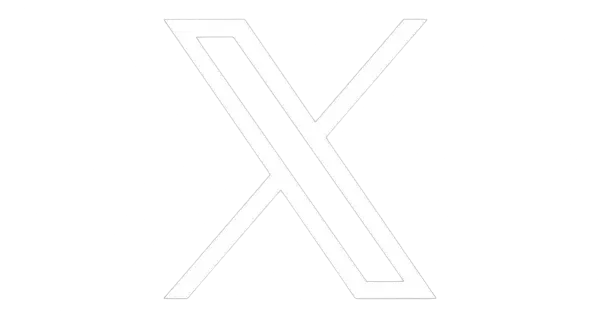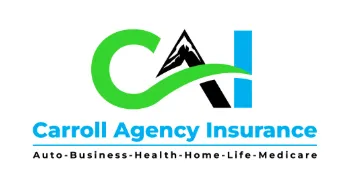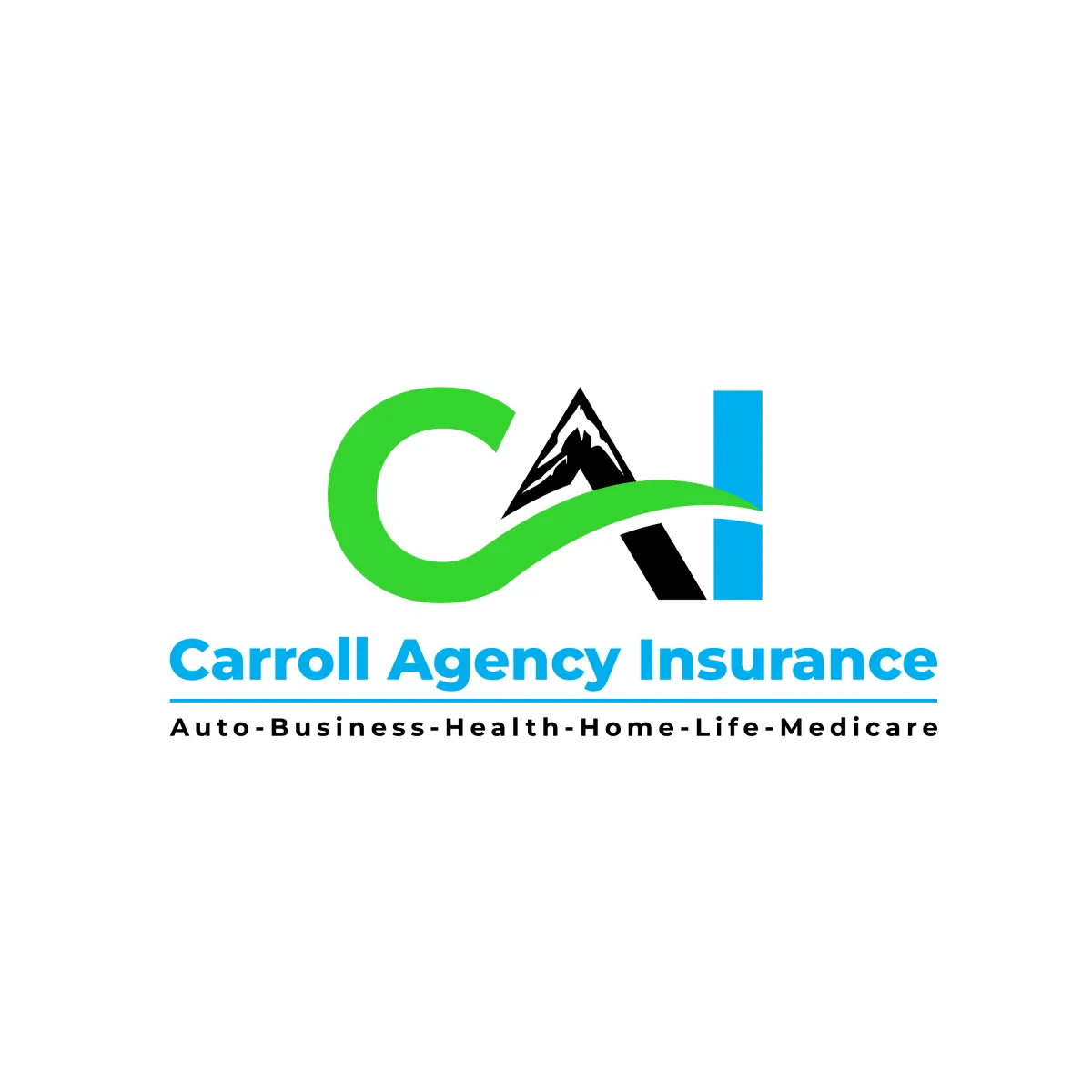Protecting What Matters Most
Your Life, Your Business, Your Future.

MEET THE FOUNDER & CEO
Peyton Carrol
Insurance & Tax-Free Retirement Specialist
With over 17 years of experience in the financial services industry, Peyton Carroll is committed to helping individuals, families, and business owners protect what matters most and plan confidently for the future.
A graduate of Colorado State University with a degree in Business Finance, Peyton brings a wealth of expertise and a client-first mindset rooted in transparency, integrity, and long-term results.
He specializes in comprehensive insurance, legal protection, and retirement strategies that include: Health Insurance – Individual, family, group, and Medicare plans Life Insurance & Tax-Free Retirement – Protect your loved ones and build wealth with tax-efficient strategies Disability, Long-Term Care & Income Protection – Prepare for the unexpected and safeguard your income Auto, Home, Property & Commercial Insurance – Coverage designed to protect your lifestyle and business LegalShield Services.
Affordable legal protection tailored to your personal and business needs Annuities & Tax-Free Retirement Income – Create reliable, long-term income throughout retirement
"My mission is to simplify complex decisions and empower clients to make confident, informed choices about their future."

MEET THE FOUNDER & CEO
Peyton Carrol
Insurance & Tax-Free Retirement Specialist
With over 17 years of experience in the financial services industry, Peyton Carroll is committed to helping individuals, families, and business owners protect what matters most and plan confidently for the future.
A graduate of Colorado State University with a degree in Business Finance, Peyton brings a wealth of expertise and a client-first mindset rooted in transparency, integrity, and long-term results.
He specializes in comprehensive insurance, legal protection, and retirement strategies that include: Health Insurance – Individual, family, group, and Medicare plans Life Insurance & Tax-Free Retirement – Protect your loved ones and build wealth with tax-efficient strategies Disability, Long-Term Care & Income Protection – Prepare for the unexpected and safeguard your income Auto, Home, Property & Commercial Insurance – Coverage designed to protect your lifestyle and business LegalShield Services.
Affordable legal protection tailored to your personal and business needs Annuities & Tax-Free Retirement Income – Create reliable, long-term income throughout retirement
Our Services

Symbolic Umbrella Imagery
Comprehensive protection, peace of mind.
It visually communicates “umbrella coverage” in an intuitive way

Symbolic Protection
Security, preparedness, and strength.
Communicating the coverage aspect clearly.

Family-Oriented and Reassuring
Love, security, and peace of mind
Broad audiences and family coverage products.

Symbolic Umbrella Imagery
Comprehensive protection, peace of mind.
It visually communicates “umbrella coverage” in an intuitive way

Doctor-Patient Interaction
Compassion, trust, personal care.
Humanizing your service and building emotional trust.

Medicare Insurance
Love, security, and peace of mind
Broad audiences and family coverage products.
It visually communicates “umbrella coverage” in an intuitive way

Multi-Generational Family Together
Picnic, Family Dinner, Park
legacy planning and long-term financial impact

Symbolic Protection
Security, preparedness, and strength.
Communicating the coverage aspect clearly.

Family-Oriented and Reassuring
Love, security, and peace of mind
Broad audiences and family coverage products.

Symbolic Umbrella Imagery
Comprehensive protection, peace of mind.
It visually communicates “umbrella coverage” in an intuitive way

Symbolic Umbrella Imagery
Comprehensive protection, peace of mind.
It visually communicates “umbrella coverage” in an intuitive way

Doctor-Patient Interaction
Compassion, trust, personal care.
Humanizing your service and building emotional trust.

Medicare Insurance
Love, security, and peace of mind
Broad audiences and family coverage products.
It visually communicates “umbrella coverage” in an intuitive way

Multi-Generational Family Together
Picnic, Family Dinner, Park
legacy planning and long-term financial impact
OFFICE LOCATIONS
AL, AR, AZ, CA, CO, CT,
GA, IN, KS, LA, MA, MD,
MO, MS, MT, NC, NE, NJ,
NM, NV, OH, OK, PA, SC,
SD,TX, UT, VA, VT, ID
QUICK LINKS
OFFICE HOURS
Monday – Friday: 9:00 AM – 5:00 PM MST
Saturday & Sunday: By Appointment Only
Calls are routed through our system and answered by our AI receptionist to help direct your inquiry quickly and efficiently.
Copyright 2025. Carroll Agency Inc. All Rights Reserved.


